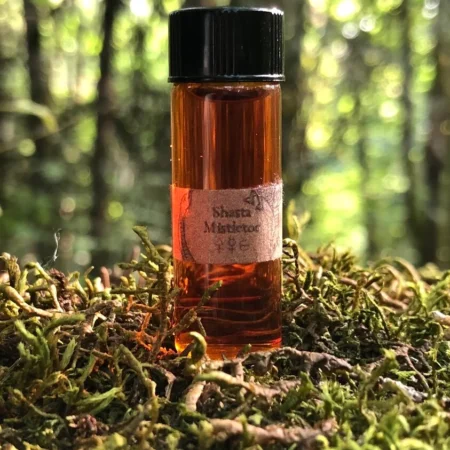The beneficial effects of saffron in the management of neurological abnormalities, particularly depressive disorders and Alzheimer’s disease have been shown in various studies.
Known psychopharmacological actions of saffron include:
- Inhibition of monoamine re-uptake (e.g. serotonin, dopamine and noradrenaline)
- Enhanced binding and sensitisation of serotonin receptors
- Monoamine oxidase inhibition
- Neuro-endocrine modulation
Other lesser known effects include:
- GABAergic effects
- Cytokine modulation (especially in depressive disorders with a comorbid inflammatory condition)
- Opioid and cannabinoid system effects
The mood elevating and anxiolytic properties of saffron may be due to the modulation of neurological pathways that have both antidepressant and anxiolytic effects, e.g. GABA, serotonin, and noradrenaline systems.
Saffron extract has been studied in trials in comparison to placebo and/or antidepressant drugs. Results indicate saffron as an effective antidepressant drug and this provides initial support for the use of saffron for the treatment of mild to moderate depression.
In a randomised, double-blind study, 30mg of saffron extract was given to patients who met DSMV IV for major depression for 6 weeks. This resulted in significant alleviation of depression compared to those on placebo, and did so without evident side effects.
Saffron’s antidepressant effects are potentially due to its antioxidant, anti-inflammatory, neuroendocrine and neuroprotective effects. Specifically, saffron may modulate levels of certain neurotransmitters in the brain, including serotonin, by inhibiting serotonin reuptake thereby keeping serotonin in the synaptic cleft longer.
Saffron supplementation may also improve symptoms of depression in adults with major depressive disorder (MDD). Saffron was found to be more effective than placebo and have effects similar to imipramine and fluoxetine in the treatment of MDD.
ALZHEIMER’S DISEASE (AD)
Saffron may inhibit the aggregation and deposition of amyloid β in the human brain and may therefore be useful in the management of AD.
Clinical trials on the anti-Alzheimer effect of saffron demonstrated that it was more effective than placebo and as effective as donepezil.
Forty-six patients with probable AD were screened for a 16-week study of parallel groups of patients with mild to moderate AD. Patients either received saffron 30mg/day or placebo. After 16 weeks, saffron produced a significantly better outcome on cognitive function than placebo. This study suggests that at least in the short-term, saffron is both safe and effective in mild to moderate AD.
SEXUAL HEALTH
Saffron is a great aphrodisiac!







Reviews
There are no reviews yet.